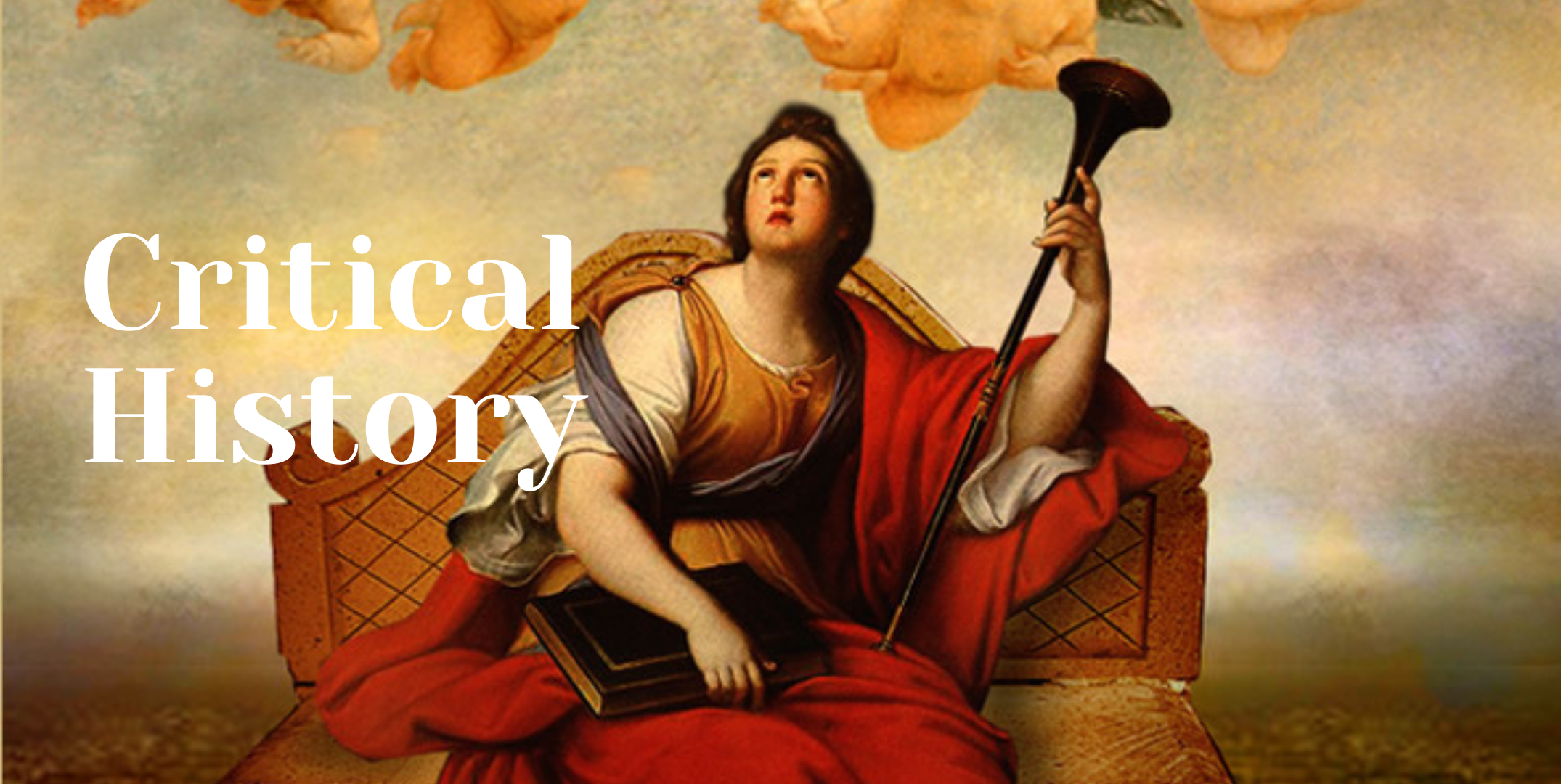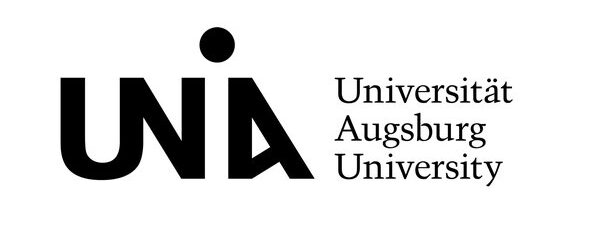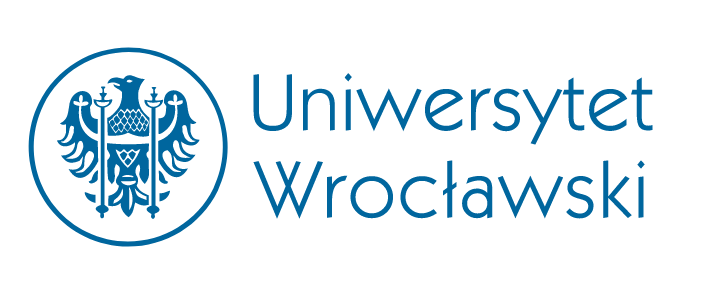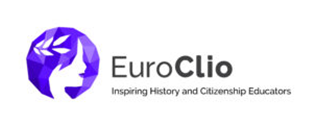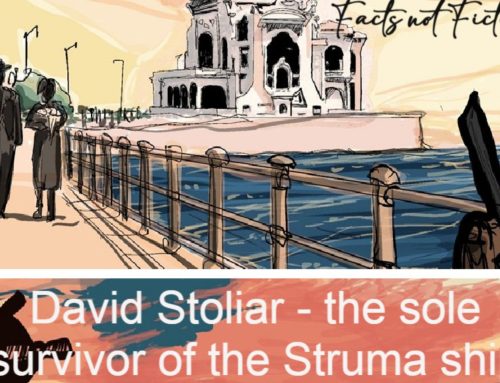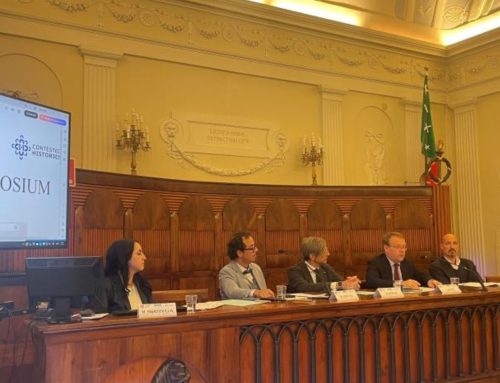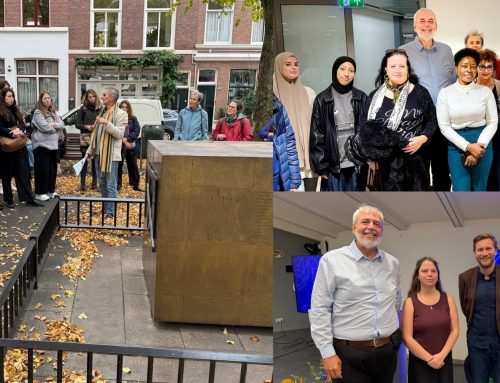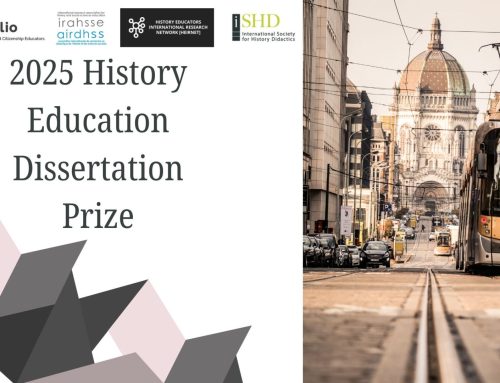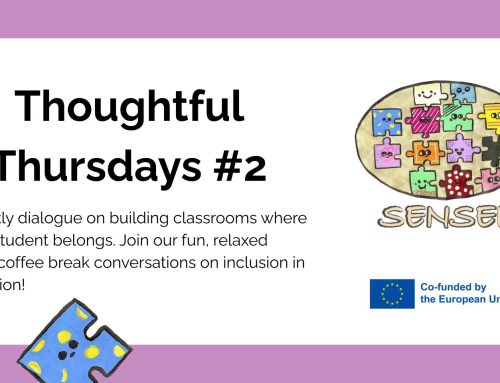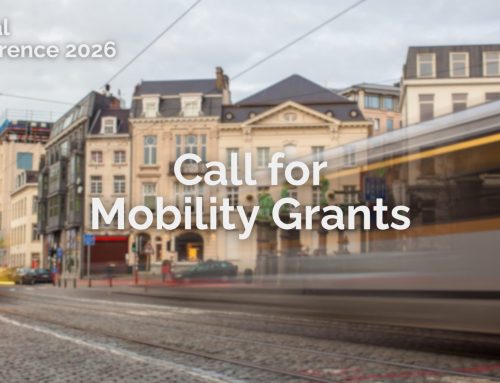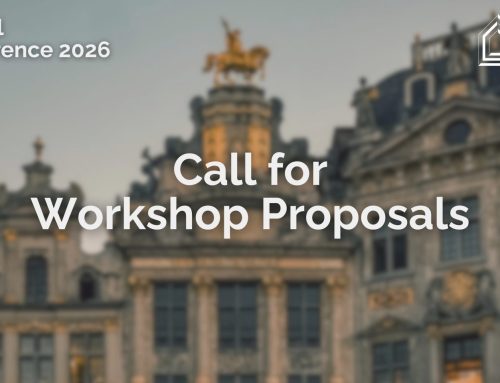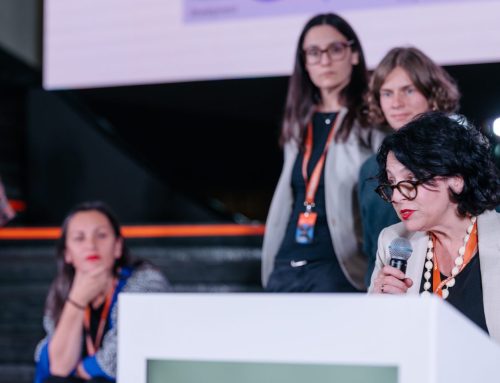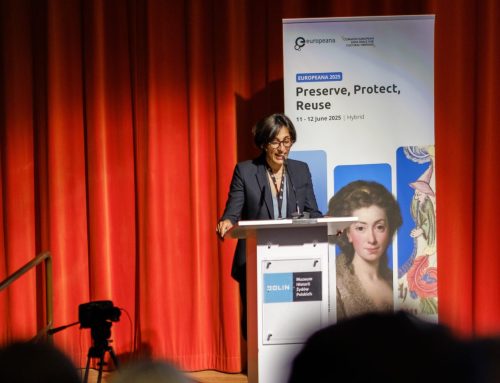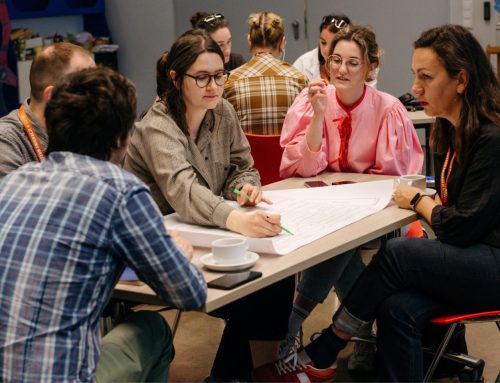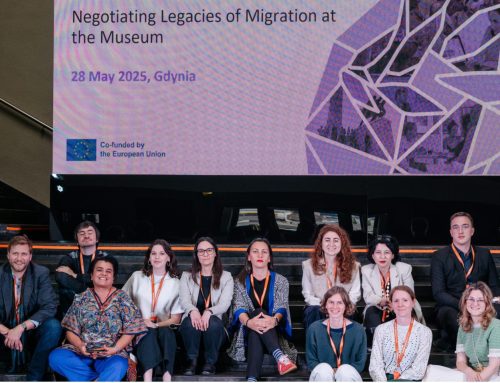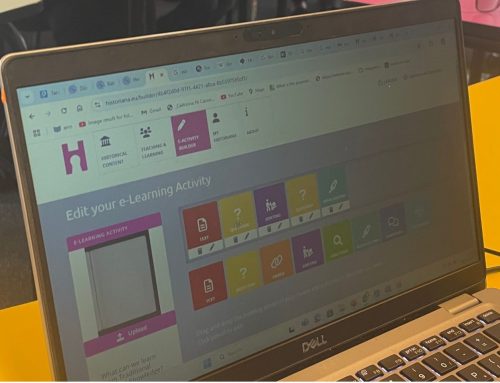EuroClio is looking for teaching practices centred around public history. The practice collection is part of the project Critical History , led by the University of Tallinn in partnership with the University of Wroclaw, Augsburg University and University of Salamanca.
Do you have a teaching practice to share that takes into consideration pupils’ preferences/choices/opinions regarding the contents or forms of teaching/learning? That turns pupils’ attention to the history around them, from bottom-up activities such as historical re-enactments, social archives or book clubs, through commercial products, e.g. videogames, songs, podcasts, magazines, memes or clothes, to various faces of the politics of history, such as monuments, celebrations or public statements? That sheds light on the places and gives voices to the groups and individuals so far marginalized or neglected in history education? That includes in the teaching process the role of the past and present public(s) of historical events and historical narratives (e.g. in reading and analysing primary and secondary sources or in producing narratives – written, oral, audio-visual – addressed not only to the teacher but also to the wider and divergent publics)?
We are looking for practices that are low-cost and easy to replicate. Please contact Birgit Göbel (secretariat@euroclio.eu) with a short description of your teaching practice and we will reach out to you to set up a brief interview. The collected practices will be made available on the EuroClio website in a blog format, with a selected number also included in a study guide published at the end of our project. Due credit will always be given to the interviewee. The overall aim of the Critical History project is to prepare future history teachers for a critical history education more attuned to the realities of 21st century societies.

